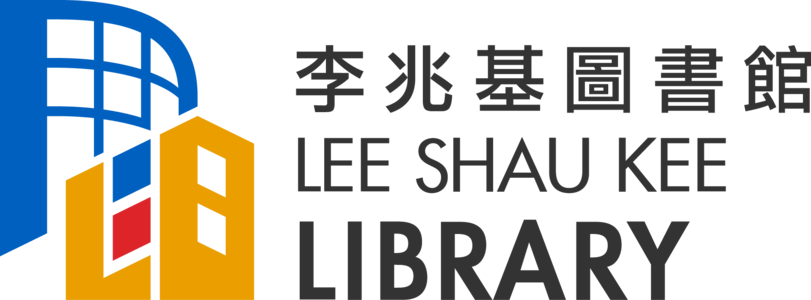International Open Access Week 2024 – October 21-27
October 21-27 will be International Open Access Week 2024. Worldwide, people and organizations dedicated to pursuing “Open Access” as a part of the Open Science agenda will celebrate open access and hold activities.


